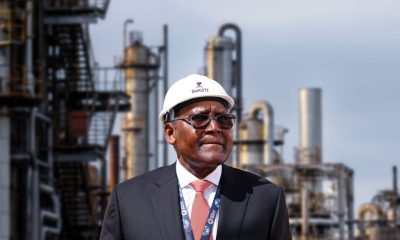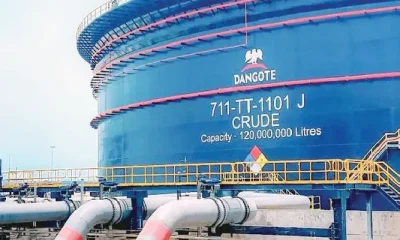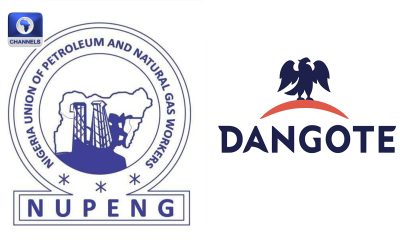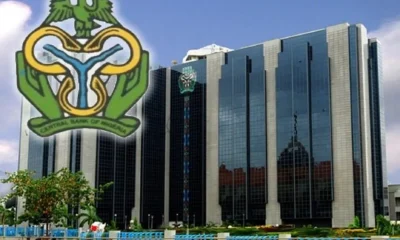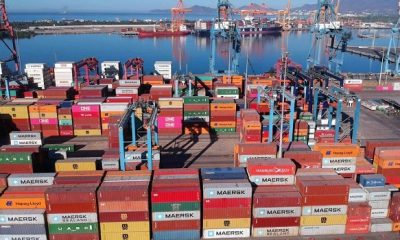BUSINESS
Dangote’s Fuel Price Cut a ‘Greek Gift’ to Nigerians, says NUPENG
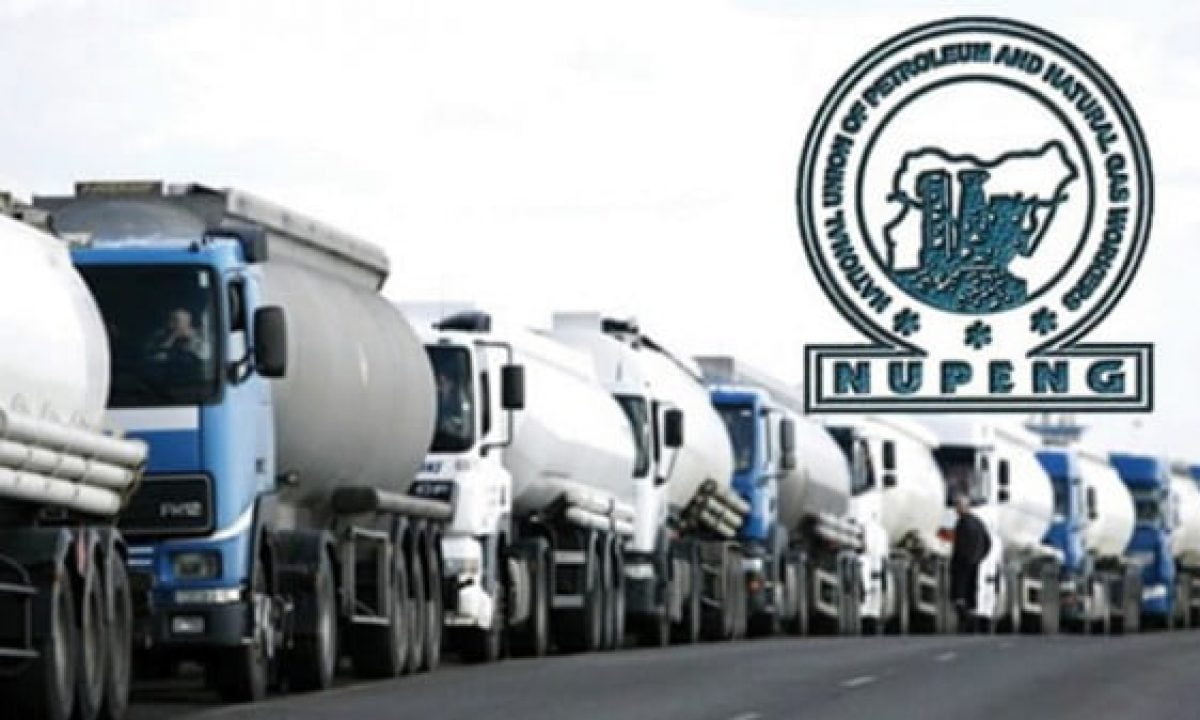
In a deepening industrial dispute that is now testing the authority of the Federal Government, the Nigeria Union of Petroleum and Natural Gas Workers (NUPENG) has issued a stern warning to Nigerians, cautioning them against what it describes as a “Greek gift” from the Dangote Group. The union, in a statement by its National President, Williams Akporeha, accused the petroleum giant of a calculated plot to monopolize the downstream sector and crush its members, despite the Dangote Group’s recent announcement of a new, lower price template for its fuel distribution and the launch of a free nationwide delivery service. The conflict is not just about fuel prices; it is a full-blown war over workers’ rights, competition, and the future of Nigeria’s labor laws in the face of immense corporate power.
The phrase “Greek gift” alludes to a seemingly generous act with a hidden, malevolent intent. According to NUPENG, Dangote’s offer of a free, direct-to-station delivery service is designed to make independent marketers and depot owners obsolete. By using its vast fleet of 4,000 new Compressed Natural Gas (CNG)-powered trucks, the company seeks to create a self-contained distribution network that bypasses the traditional supply chain, including the independent tanker drivers who are the backbone of NUPENG. The union alleges that this model will make other employers of petroleum truck drivers unable to compete, ultimately forcing all drivers in the sector to become employees of a single company, where unionization and freedom of association can be more easily suppressed.
This is not the first time NUPENG and the Dangote Group have clashed. The current dispute reignited following a series of events in early September 2025. On September 8, NUPENG members embarked on a nationwide strike, protesting the Dangote Refinery’s alleged refusal to allow its newly recruited drivers to join the union. The strike, which threatened to cripple fuel supply across the country, was suspended on September 9 after a truce was brokered at the Department of State Services (DSS) headquarters in Abuja. A Memorandum of Understanding (MoU) was signed, with three government ministers in attendance, guaranteeing the workers’ right to unionize. However, the fragile peace collapsed within 48 hours. NUPENG accused Dangote of reneging on the agreement, claiming that a key official had instructed drivers to remove NUPENG stickers from their trucks and replace them with a company-sponsored association’s insignia. The union further alleged that there was an attempt to use the Navy to intimidate union officials, a claim that underscores the high stakes of this industrial battle.
In a swift and direct rebuttal, the Dangote Group dismissed all of NUPENG’s claims as “entirely unfounded.” In an official statement, the company maintained that allegations of anti-labour practices, a monopolistic agenda, and a plan for future fuel price hikes are “recycled falsehoods.” The company reiterated its full support for constitutionally protected labour rights, stating that joining a union is a voluntary choice for its employees. It emphasized that its new CNG truck initiative is a strategic move to support Nigeria’s energy transition goals, reduce logistics costs, and improve the efficiency of nationwide fuel distribution. Dangote’s spokesman also highlighted the company’s commitment to creating new, high-quality jobs, with its new drivers reportedly receiving salaries and benefits well above the national minimum wage. The company insists it has a cordial relationship with all unions and is fully committed to a lasting resolution.
Beyond the immediate clash, the dispute taps into a deeper vein of concern within the Nigerian labor movement. The Nigeria Labour Congress (NLC) has declared its full solidarity with NUPENG, citing a long-standing pattern of alleged anti-union activities across the Dangote conglomerate, including in its cement and sugar plants. The union claims that Dangote’s business model is built on “exploitative labour practices” and “monopolistic capture of markets.” While consumers are celebrating the lower fuel prices, NUPENG warns that this short-term gain is a dangerous trap. The fear is that once the company drives out its competition—including thousands of independent truckers and depot owners—it will have total control over the market, enabling it to dictate prices and working conditions without any checks or balances. This makes the conflict a test of Nigeria’s labor laws and the government’s ability to regulate powerful private entities for the protection of its citizens.
Ultimately, the confrontation between NUPENG and the Dangote Group is a microcosm of a larger struggle for economic and social justice in Nigeria. For the workers, it is a fight for the fundamental right to freedom of association and collective bargaining. For millions of Nigerians, it is a waiting game to see if the promise of a local refinery will lead to long-term economic benefits or simply replace one form of exploitation with another. As NUPENG places its members on red alert for a potential resumption of its strike, the nation watches to see if the fragile peace can be restored, or if the Dangote Group and the union are set to redefine the rules of engagement for industry and labor in Nigeria.

